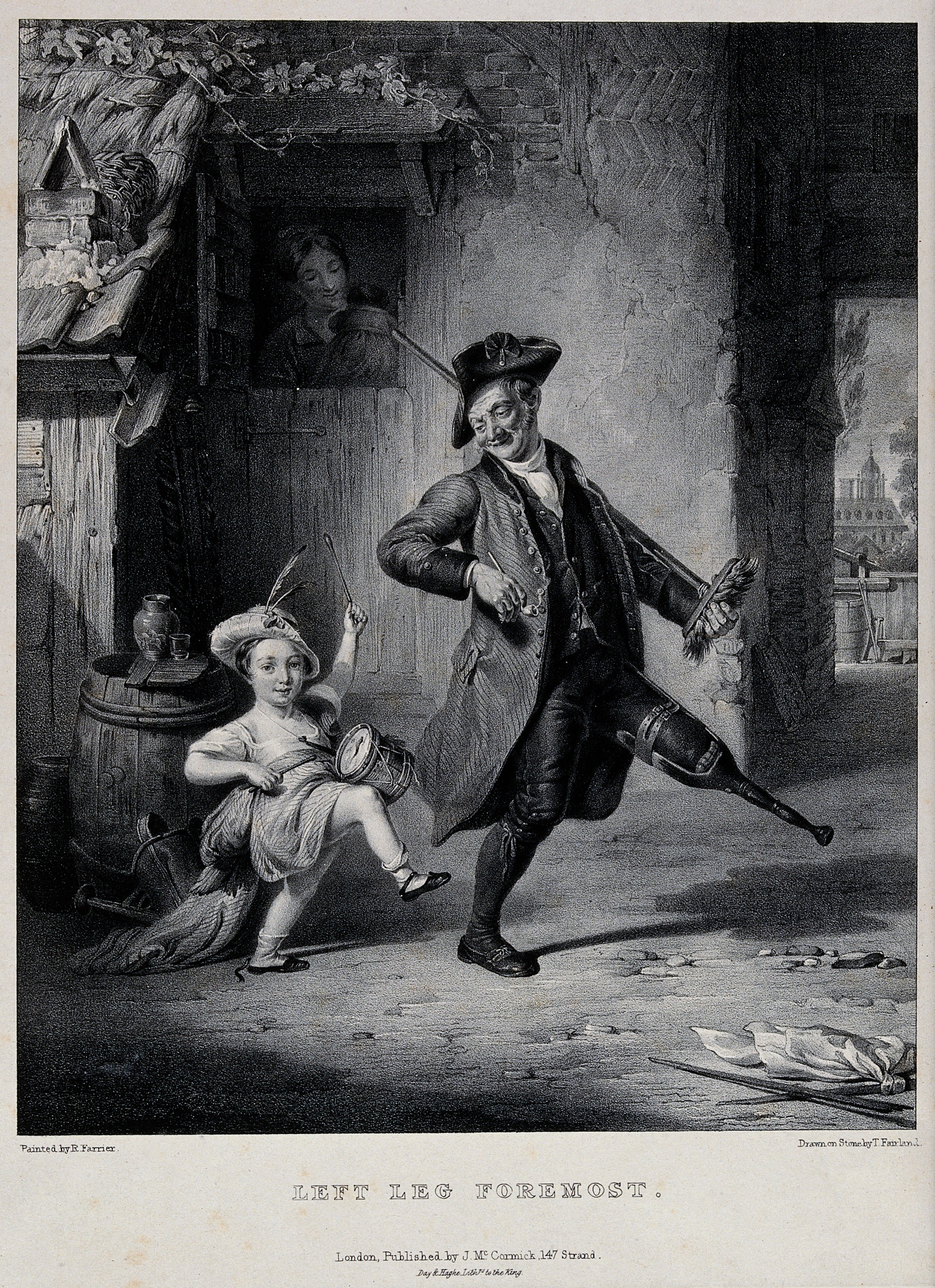2.1.10
Chapter 10
Chapter 10: The End of the Islander
Chapter 10: The End of the Islander
Holmes, Watson and Jones have an enjoyable dinner together while they wait for the perfect time for their plan to take place.


Boarding the boat
Boarding the boat
- As they set off, Holmes tells Watson to get his pistol – this adds suspense and excitement to the story as the element of danger is heightened.
- They arrive at the wharf and board the police boat. Once aboard, they travel to the boatyard, hoping to wait for the Aurora to appear.
- On the way, Holmes describes how he came to find the whereabouts of the Aurora.


The police chase begins
The police chase begins
- After reaching the boatyard, the group decide to wait at the side of the river, opposite the entrance, well hidden.
- One of the Baker Street Irregulars signals to the police boat (waving a white handkerchief) that the Aurora is leaving the boatyard.
- Once out of the boatyard, the Aurora moves quickly down the River Thames. The police boat chases the Aurora down the river.


Seeing the accomplice
Seeing the accomplice
- As they get closer, Watson begins to recognise the figures on the boat – one is clearly Jonathan Small (the wooden-legged man) and the other is a ‘dark mass / which looked like a dog'.
- Before we even meet the foreign accomplice, he is described as being inhuman, like an animal.
- When the boat gets closer, the accomplice is then described as having features of ‘bestiality and cruelty’ and a mouth that ‘chattered at us with half animal fury’.


Killing the accomplice
Killing the accomplice
- The mysterious man suddenly aims his poisoned darts at the police boat.
- Holmes and Watson fire their pistols at the accomplice, killing him. His body falls into the Thames.


Capturing Jonathan Small
Capturing Jonathan Small
- Jonathan Small steers the Aurora towards the shore and jumps out, trying to run away up the river bank. His wooden leg sinks into the mud and he becomes stuck.
- The police boat closes in on Small and captures him. They then board the Aurora and find the treasure chest.
- Finally, Holmes notes that there is a poisoned dart stuck into the wood of the boat – the accomplice had fired at them and narrowly missed them.
Chapter 10: Holmes Reveals his Detective Work
Chapter 10: Holmes Reveals his Detective Work
While they travel to the boatyard in Chapter 10, Holmes reveals how he figured out the answers to the case:


Inferences about Small
Inferences about Small
- As he was annoyed at not being able to find out how Small had hidden the boat, Holmes set out to find the answer to this puzzle.
- Mrs Smith had told him that her husband would be back within the hour, so Holmes deduced that they had not travelled far.
- He inferred that Small must have paid Mr Smith very well for him to keep his secret and agree to them hiding the boat.


Inferences about the boat
Inferences about the boat
- Holmes disguised himself as an old sailor and went back to the river to investigate undercover.
- Holmes had learnt that the Aurora had been sent into the shipyard with instructions to fix the rudder – the foreman at the shipyard confirmed to Holmes that there was nothing wrong with the rudder.
- Holmes found that this was how Small had been hiding the boat – he had sent it into the boatyard, pretending that it needed repairs. This meant that it was out of the way and no one could spot it.


Praise of Small
Praise of Small
- Holmes comments that Small was more intelligent than he’d thought as it was a very clever plan: ‘I did not think him capable of anything in the nature of delicate finesse. That is usually a product of higher education’.
Key Quotations from Chapter 10
Key Quotations from Chapter 10
Here are three key quotations from Chapter 10:


Menacing character of Small
Menacing character of Small
- ‘I did not think him capable of anything in the nature of delicate finesse. That is usually a product of higher education’ (Sherlock Holmes).
- Holmes adds more of a sense of danger to the character of Jonathan Small before we really meet him – he is not only nasty and murderous, but he is also dangerous and calculating.
- This makes him more menacing to the reader, as Small is capable of thinking his actions through intelligently and forming premeditated plans.


Holmes' excitement
Holmes' excitement
- ‘We must catch her… If we burn the boat we must have them!’ (Sherlock Holmes).
- Holmes is usually quite calm and collected, but we feel his excitement here as he becomes obsessed with catching the criminals and solving the case.
- His desperation is shown through his use of the repeated imperative ‘must’ and his use of an exclamation mark.
- He also disregards the safety of everyone on the boat as he suggests that catching the criminals is more important than their own lives.


Savagery of Tonga (accomplice)
Savagery of Tonga (accomplice)
- ‘Bestiality and cruelty’ and a mouth that ‘chattered at us with half animal fury' (Tonga, the accomplice).
- Tonga is repeatedly described as if he is an animal, suggesting he is savage and dangerous.
- When this creature turns on the police boat and tries to kill the men with poisoned darts, the animalistic side of him helps to build hatred from the reader and support for the protagonists.
- This also adds to the Victorian viewpoint that people from other cultures were dangerous.
1Context
2Plot Summary
2.1Chapter Summaries
3Characters
3.1Key Characters
3.2Other Characters
3.3Grade 9 - Key Characters
4Key Themes
5Writing Techniques
6Recap: Main Quotes
6.1Characters Quotes
6.2Text Structure - Quotes
6.2.1Chapter 1 - Quotations
6.2.2Chapter 2 - Quotations
6.2.3Chapter 3 - Quotations
6.2.4Chapter 4 - Quotations
6.2.5Chapter 5 - Quotations
6.2.6Chapter 6 - Quotations
6.2.7Chapter 7 - Quotations
6.2.8Chapter 8 - Quotations
6.2.9Chapter 9 - Quotations
6.2.10Chapter 10 - Quotations
6.2.11Chapter 11 - Quotations
6.2.12Chapter 12 - Quotations
Jump to other topics
1Context
2Plot Summary
2.1Chapter Summaries
3Characters
3.1Key Characters
3.2Other Characters
3.3Grade 9 - Key Characters
4Key Themes
5Writing Techniques
6Recap: Main Quotes
6.1Characters Quotes
6.2Text Structure - Quotes
6.2.1Chapter 1 - Quotations
6.2.2Chapter 2 - Quotations
6.2.3Chapter 3 - Quotations
6.2.4Chapter 4 - Quotations
6.2.5Chapter 5 - Quotations
6.2.6Chapter 6 - Quotations
6.2.7Chapter 7 - Quotations
6.2.8Chapter 8 - Quotations
6.2.9Chapter 9 - Quotations
6.2.10Chapter 10 - Quotations
6.2.11Chapter 11 - Quotations
6.2.12Chapter 12 - Quotations
Unlock your full potential with Seneca Premium
Unlimited access to 10,000+ open-ended exam questions
Mini-mock exams based on your study history
Unlock 800+ premium courses & e-books